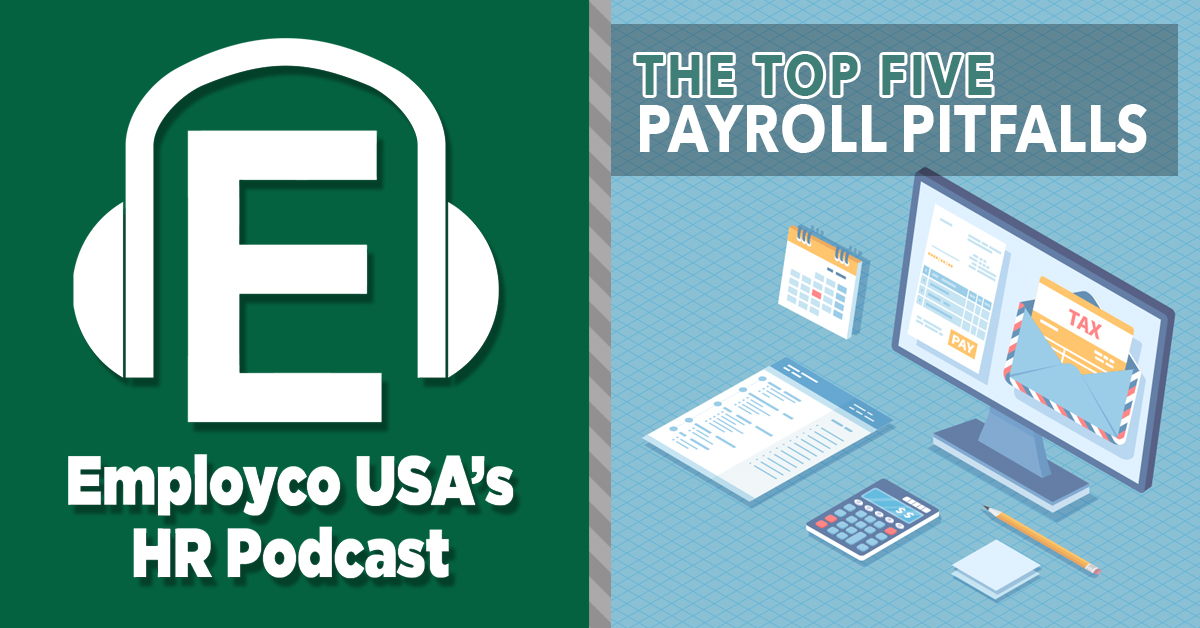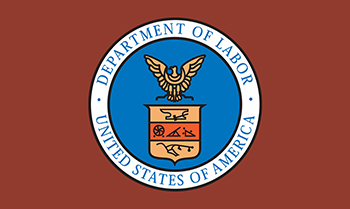Data breaches are on the rise – here is what employers need to know
 The data breach at Capital One is a global security crisis that has impacted millions of people. Sadly, breaches like these are only becoming more common, and employers have a responsibility to protect their employees and their clients.
The data breach at Capital One is a global security crisis that has impacted millions of people. Sadly, breaches like these are only becoming more common, and employers have a responsibility to protect their employees and their clients.
It is estimated that phishing scams costs the United States half a billion dollars each year. From direct deposit scams to fraudulent PDF files, there has been a shocking rise in these email phishing scams. Indeed, Microsoft’s Security team reports that these malicious phishing emails have increased by a whopping 250 percent.
So, what do employers and employees need to know in order to protect themselves from these scams?
First, it’s crucial that you educate everyone on your team about phishing scams and how to make safer choices online.
“It’s important to understand that it is not enough to simply be aware and cautious when it comes to your own online behavior,” says Rob Wilson, President of Employco USA and human resources expert. “Your entire company can be negatively impacted across the board if just one employee gives up access to your Office 365 account or similar program. Once the phisher has that foothold, they can access an entire wealth of information, and they can then use this position of power to gain access to more info and phish other people on your team.”
 Payroll errors cost your company more than just time and money, they also gravely harm the trust between you and your employees.
Payroll errors cost your company more than just time and money, they also gravely harm the trust between you and your employees.
 Important changes are afoot for the Employer Information Report EEO-1 (EEO-1 Report). Employers with 100 employees or more must file this report each year, but this year the EEO-1 will be more complicated than in the past.
Important changes are afoot for the Employer Information Report EEO-1 (EEO-1 Report). Employers with 100 employees or more must file this report each year, but this year the EEO-1 will be more complicated than in the past. Phishing scams cost the United States half a billion dollars each year. From direct deposit scams to fraudulent PDF files, there has been a shocking rise in these email phishing scams. Indeed, Microsoft’s Security team reports that these malicious phishing emails have increased by a whopping 250 percent.
Phishing scams cost the United States half a billion dollars each year. From direct deposit scams to fraudulent PDF files, there has been a shocking rise in these email phishing scams. Indeed, Microsoft’s Security team reports that these malicious phishing emails have increased by a whopping 250 percent. The Department of Labor (DOL) has just released their proposed changes related to the federal overtime regulations.
The Department of Labor (DOL) has just released their proposed changes related to the federal overtime regulations. A record number of people are leaving their jobs because they are not happy with their current pay. In fact, nearly half of the employees who recently quit their jobs did so because they wanted a raise.
A record number of people are leaving their jobs because they are not happy with their current pay. In fact, nearly half of the employees who recently quit their jobs did so because they wanted a raise. Overtime continues to be a developing hot button topic in states across the United States, with Washington being the latest state to draft a proposal which would offer overtime to professional workers who earn 1.5 times that of minimum wage.
Overtime continues to be a developing hot button topic in states across the United States, with Washington being the latest state to draft a proposal which would offer overtime to professional workers who earn 1.5 times that of minimum wage. Last week, immigration officials descended on almost 100 7-Eleven stores in 17 states. They carried notices requiring owners of these establishments to produce hiring records for their employees within 3 days.
Last week, immigration officials descended on almost 100 7-Eleven stores in 17 states. They carried notices requiring owners of these establishments to produce hiring records for their employees within 3 days.